In California, the winter is gray and rainy (I know it’s worse other places), and it makes me feel tired and uninspired. And recently, it occured to me: what if humans could hibernate? Would we even want to hibernate?
Being me, I came up with an ideal world plan of what I would want hibernation to be like (spoiler alert: it’s nothing like the real thing!).
MY PLAN:
- Sleep in and slowly enjoy a hot cup of chai tea
- Cut all the work I have to do in half and work from 9am to 12pm
- Dedicate the rest of the day to relaxing, vaulting, and spending time doing things that I usually don’t get to do (for example, making art, and playing even more with the dogs).
But, of course, none of this would be possible if I was actually in a state of hibernation – especially not vaulting!
According to Smithsonian.com, hibernation is, “when an animal goes into a
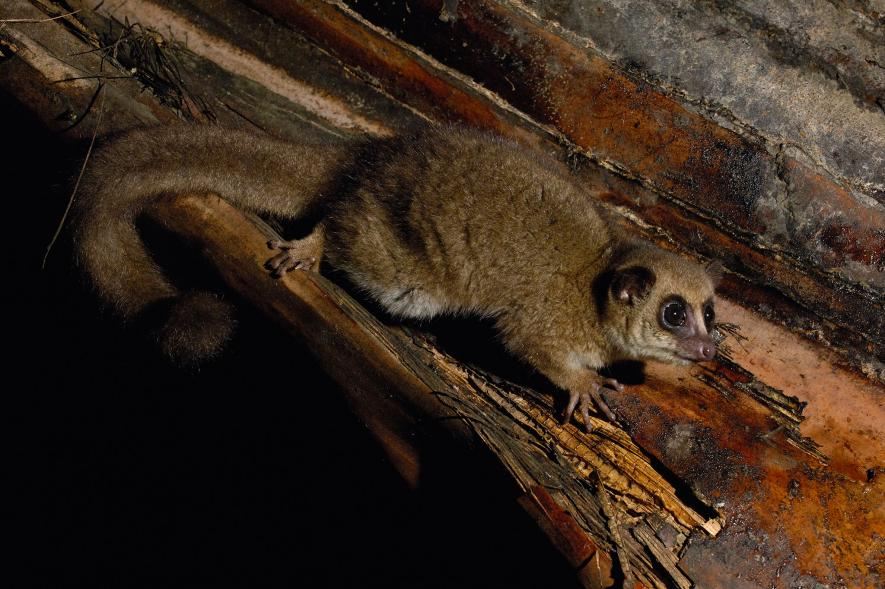
Dwarf Lemur
state of extended inactivity,” and “the animal’s metabolism will slow to less than a quarter of its normal rate. This cools the creature’s body and slows its heartbeat to just a few times per minute, for up to months at a time.” This condition is also known as the state of torpor. Also, hibernation is not actually sleep – when animals wake up, they usually feel sleep deprived because hibernating takes a LOT of energy.
Many wild animals hibernate for all different reasons and not all of them are related to temperature. Animals hibernate when their living conditions, weather, food, water, etc. aren’t what they need – this is why 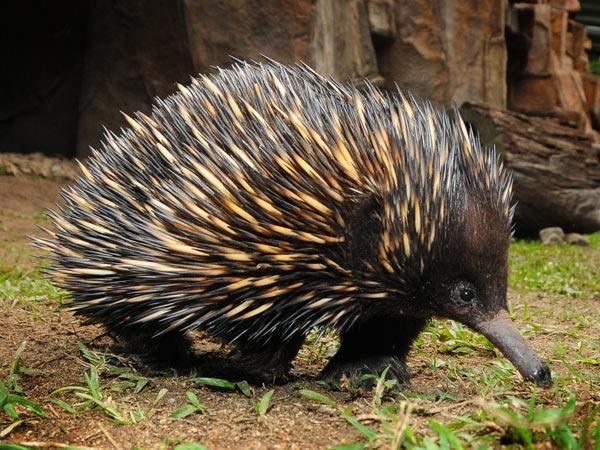 animals in zoos don’t hibernate and neither do people! For example, echidnas, who live in Australia, will hibernate after a fire strikes, and they’ll wait until food and other resources are plentiful before resuming normal activities. Also, some animals will go into a state of torpor for protection, because when animals hibernate they make no noise and they don’t move, so it’s hard for a predator to detect them. There are several reasons for animals to hibernate, and many small creatures from around the world are doing this right now.
animals in zoos don’t hibernate and neither do people! For example, echidnas, who live in Australia, will hibernate after a fire strikes, and they’ll wait until food and other resources are plentiful before resuming normal activities. Also, some animals will go into a state of torpor for protection, because when animals hibernate they make no noise and they don’t move, so it’s hard for a predator to detect them. There are several reasons for animals to hibernate, and many small creatures from around the world are doing this right now.
My question is, can humans catch on to this, and would we even want to hibernate? Currently scientists are researching whether humans are able to hibernate and specifically, whether this would be a good way to send astronauts into outer space. Humans are starting to attempt a mission to Mars, and, “the idea of “deep sleep” (…) is now a real possibility for scientists who want to ensure that human astronauts can survive during months – or even years long journeys to other planets.”
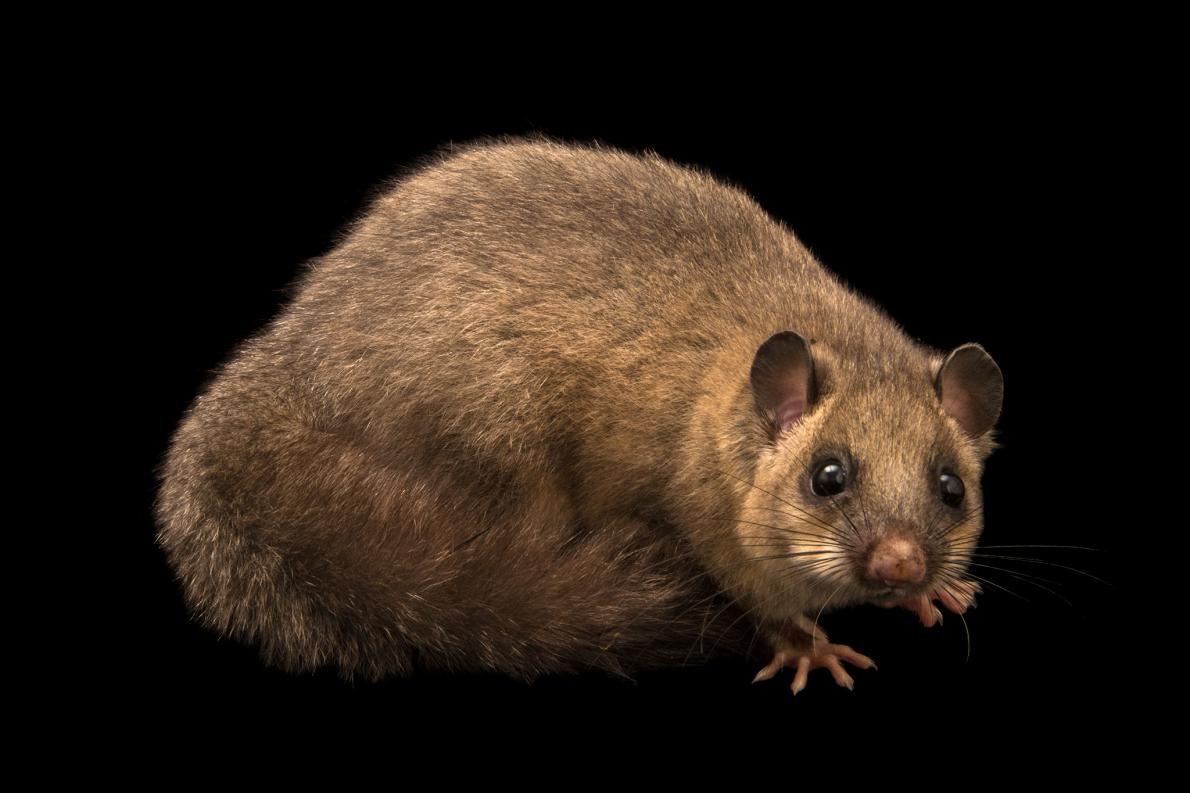
The edible dormouse
After reading and researching, I agree with Smithsonian’s assessment that, “it may turn out that humans simply weren’t meant to hibernate,” because it can cause people to be more vulnerable to infections, and for many other reasons, but more than anything, I would hate to miss out on months of my life! Nonetheless, scientists are still trying to figure out a way.
After learning about what it really means to hibernate, I’m A OK with not being able to do it. But, I still wish we could “hibernate” my way during the winter, by having less work and being a little less active!
Would you want to hibernate like animals do in the wild, or your own way? Also, if you could hibernate, would you want to? Post your answers in the comments below!
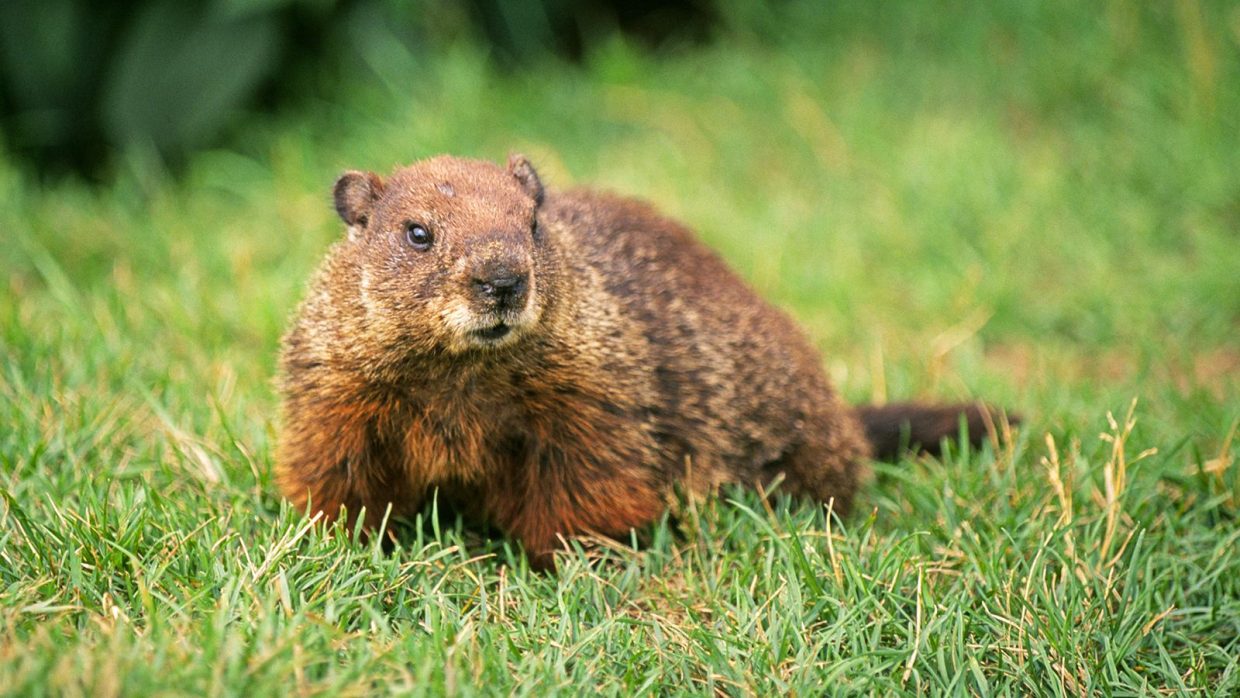
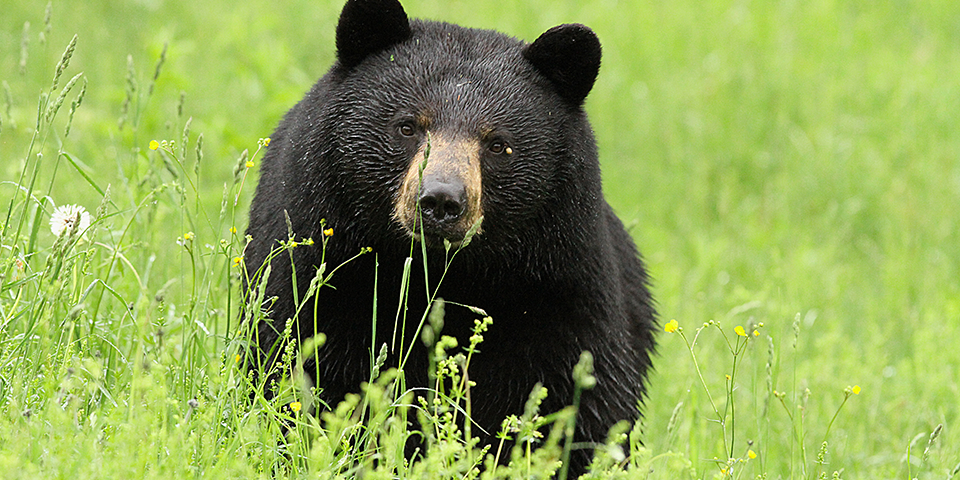
Kurt February 1, 2018
Very interesting and I confess I thought hibernation = sleep. I am not sure I’d like to hibernate, unless I could do it on long flights. That would be worth doing.
Thanks for the informative piece on something that seems largely misunderstood.
Dad
donna February 2, 2018
Hi Anna,
Wow! I had no idea what hibernation really meant. This post was quite fascinating. I don’t think I would like to hibernate as the Smithsonian defines it. It sounds tiring. I DO like your idea. Maybe we could try it one weekend. But how? It seems like when there is free time to be had, there’s always some way to fill it. How does one resist? We’d have to convince all of our animals to do it too. Otherwise I would feel guilty and their staring would be hard to withstand. What to do?
natalie dente February 4, 2018
Hi Anna , I think hibernation in small doses would be productive, When Grandpa is feeling better I am going to hibernate on the beach. I will be in a topor and will not be happy if I am woken up. I might even get some reading done in my quiet peaceful state. Thanks for the article and thanks for giving me a good idea.love Grandma Natalie
AnnaC9 February 5, 2018
That’s sounds awesome
Uncle Angelo February 4, 2018
An excellent and informative post! My question has to do with the word itself. When you pollinate, a bee takes care of pollen. When you fixate you focus yourself on something. But what about hibernate? what are you hibern-ing?
Etymology aside, I agree with the other responders, which is that a trial hibernation period sounds appealing. Here on the East Coast, it’s been very very cold, so I sort of feel like we’ve been hibernating because we haven’t been outside much, even though we really haven’t been hibernating in the strictest sense.
I wonder about just “mentally” hibernating, or is that really the same as meditation?
Debbie February 8, 2018
Hi Anna,
Interesting question. I’ve been working very hard to “hibernate” as you suggest. It definitely gets easier with practice! Keep at it!! I also recommend vacations to quiet islands with no WiFi!
Thanks for sharing about real hibernation. I learned a lot from your research.
xo Aunt D